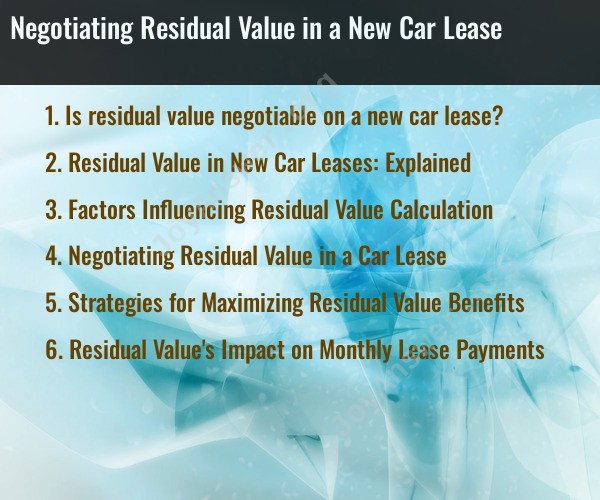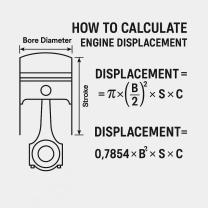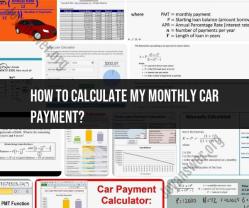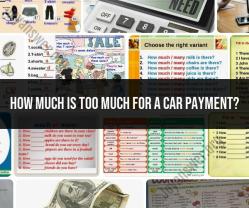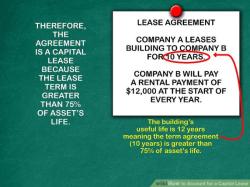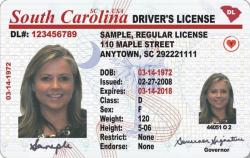Is residual value negotiable on a new car lease?
In most cases, the residual value on a new car lease is not negotiable. The residual value is typically determined by the leasing company or the manufacturer's finance arm, and it's based on factors such as the car's make and model, its expected depreciation over the lease term, and the projected market value at the end of the lease.
Here's why the residual value is generally not negotiable:
Predictable Calculation: Leasing companies use standardized methods and industry data to calculate residual values. These calculations are based on historical depreciation patterns for specific vehicle makes and models. They aim to predict the car's value at the end of the lease term as accurately as possible.
Risk Management: Leasing companies assume the risk of the car's depreciation, and they set the residual value to manage this risk. If they were to negotiate individual residual values with each lessee, it could introduce uncertainty and make it more challenging to manage their portfolio of leased vehicles.
Regulations and Accounting Standards: Leasing companies often adhere to regulations and accounting standards that require consistency and transparency in setting residual values. Negotiating individual values could raise questions about fairness and accounting practices.
While the residual value itself is typically non-negotiable, there are aspects of a lease that you can negotiate to potentially lower your monthly payments or improve the terms of the lease. These aspects may include:
Capitalized Cost (Selling Price): You can negotiate the selling price of the car, also known as the capitalized cost. A lower selling price can lead to lower monthly lease payments.
Money Factor (Interest Rate): The money factor, which is similar to an interest rate, can sometimes be negotiated. A lower money factor can reduce the cost of financing and, in turn, lower your payments.
Mileage Allowance: You can choose a mileage allowance that aligns with your expected usage. Higher mileage allowances will typically result in higher lease payments, while lower mileage allowances can lower your payments.
Lease Term: Negotiating the lease term (e.g., 36 months vs. 48 months) can also affect your monthly payments. Longer terms tend to have lower payments, but you'll pay more over the life of the lease.
Trade-In or Down Payment: Consider making a down payment or trading in a vehicle to reduce the capitalized cost or the amount you need to finance. This can impact your payments.
It's essential to research and understand the terms of the lease and negotiate the aspects that are negotiable to get a lease that best fits your needs and budget. Be sure to read and review the lease contract carefully to ensure you understand all terms and conditions before signing. If you have any concerns or questions, it's a good idea to consult with a knowledgeable auto finance professional or attorney.
Residual Value in New Car Leases: Explained
Residual value is the estimated value of a car at the end of a lease term. It is a key factor in determining monthly lease payments. The higher the residual value, the lower the monthly lease payments will be.
Lease companies use a variety of factors to calculate residual value, including:
- Make and model of the car
- Trim level and options
- Mileage allowance
- Lease term
- Overall market conditions
Factors Influencing Residual Value Calculation
Here are some of the factors that can influence residual value calculation:
- Make and model of the car: Some makes and models of cars hold their value better than others. For example, luxury cars and sports cars typically have higher residual values than economy cars.
- Trim level and options: Cars with higher trim levels and more options tend to have higher residual values. This is because they are more desirable to consumers and can be sold for more money at the end of the lease term.
- Mileage allowance: The higher the mileage allowance, the lower the residual value will be. This is because cars with higher mileage are worth less.
- Lease term: The longer the lease term, the lower the residual value will be. This is because cars depreciate more over longer periods of time.
- Overall market conditions: The overall market conditions can also impact residual values. For example, when the economy is strong, residual values tend to be higher. This is because consumers are more likely to buy used cars when the economy is strong.
Negotiating Residual Value in a Car Lease
When leasing a car, it is important to negotiate the residual value. The residual value is a negotiable item, and you may be able to get the lease company to agree to a higher residual value. This will lower your monthly lease payments.
To negotiate the residual value, you can use a variety of strategies, such as:
- Doing your research: Before you lease a car, research the residual value of the car you want to lease. You can use sources such as Edmunds or Kelley Blue Book to get an estimated residual value.
- Negotiating with multiple lease companies: Get quotes from multiple lease companies before you sign a lease agreement. This will give you a better idea of what a fair residual value is.
- Being willing to walk away: If you are not happy with the residual value that a lease company is offering, be willing to walk away from the deal. There are other lease companies that will be willing to offer you a better residual value.
Strategies for Maximizing Residual Value Benefits
There are a few things you can do to maximize the residual value of your leased car:
- Keep your car in good condition: Keep your car clean and well-maintained. This will help to preserve its value.
- Avoid excessive mileage: Try to stay within your mileage allowance. If you go over your mileage allowance, you will be charged for the extra miles.
- Make all of your lease payments on time: If you make all of your lease payments on time, you will build a good credit history. This will help you to get a better lease agreement on your next car.
Residual Value's Impact on Monthly Lease Payments
Residual value has a significant impact on monthly lease payments. The higher the residual value, the lower the monthly lease payments will be. This is because the residual value represents the portion of the car's value that the lease company expects to recoup at the end of the lease term.
For example, if you lease a car with a high residual value, the lease company will expect to sell the car for a high price at the end of the lease term. This means that the lease company will be able to offer you lower monthly lease payments.
Conclusion
Residual value is an important factor to consider when leasing a car. By understanding residual value and how it is calculated, you can negotiate a better lease agreement and lower your monthly lease payments.
